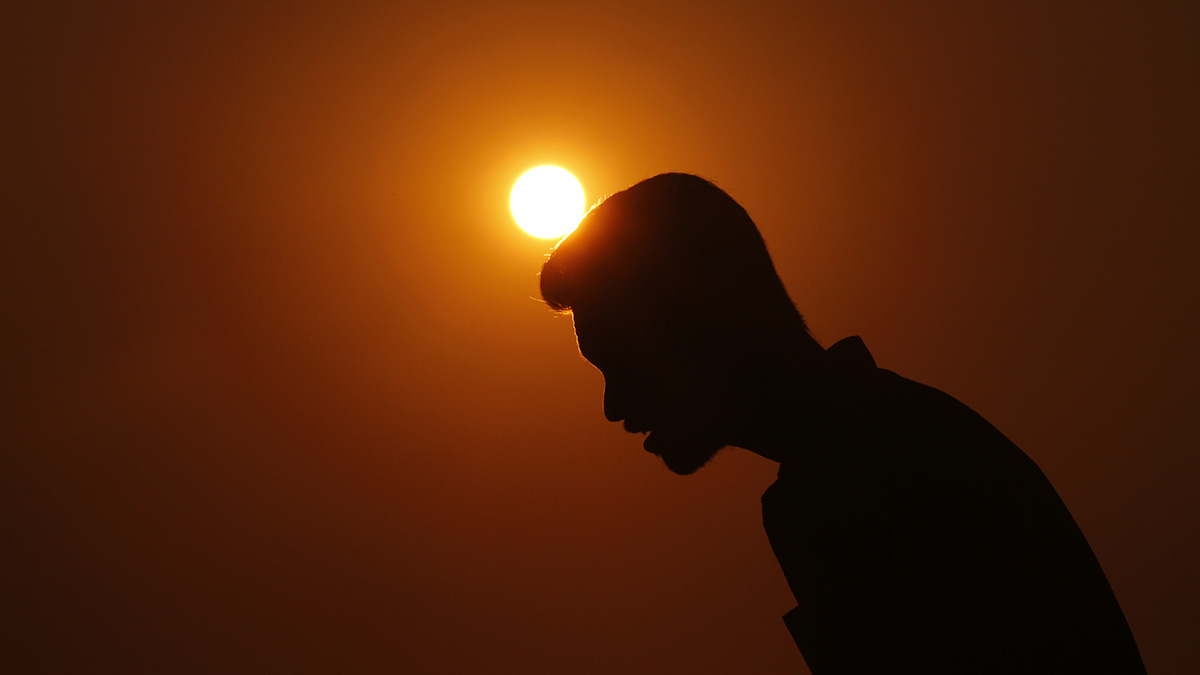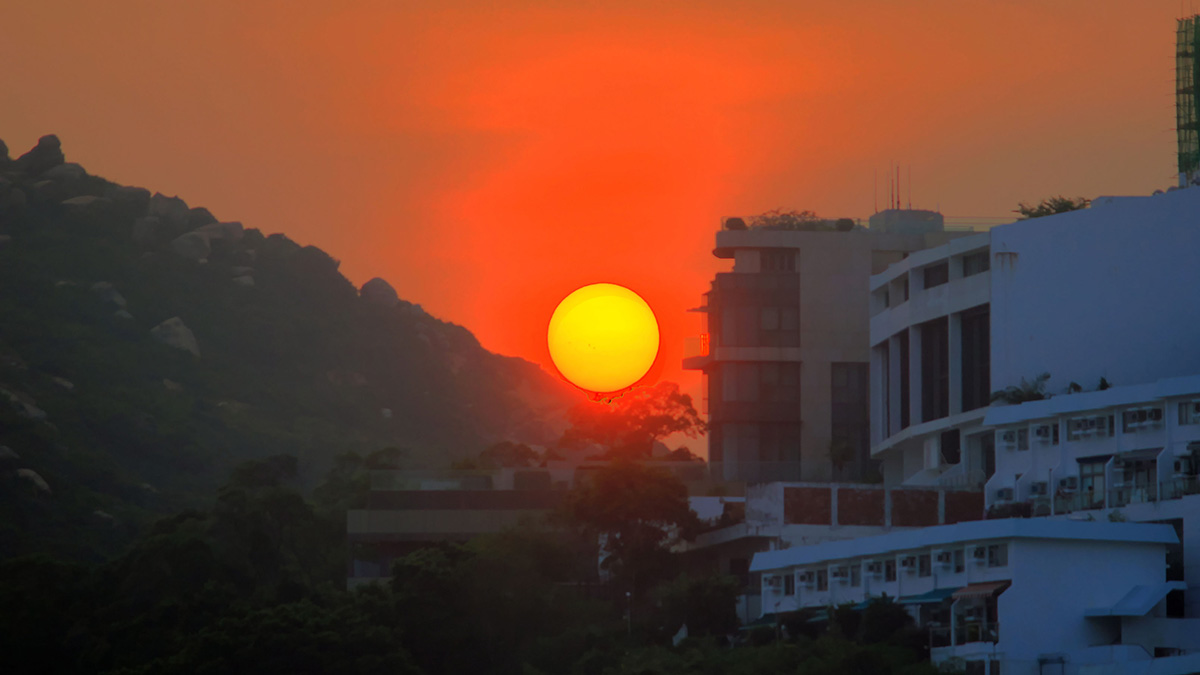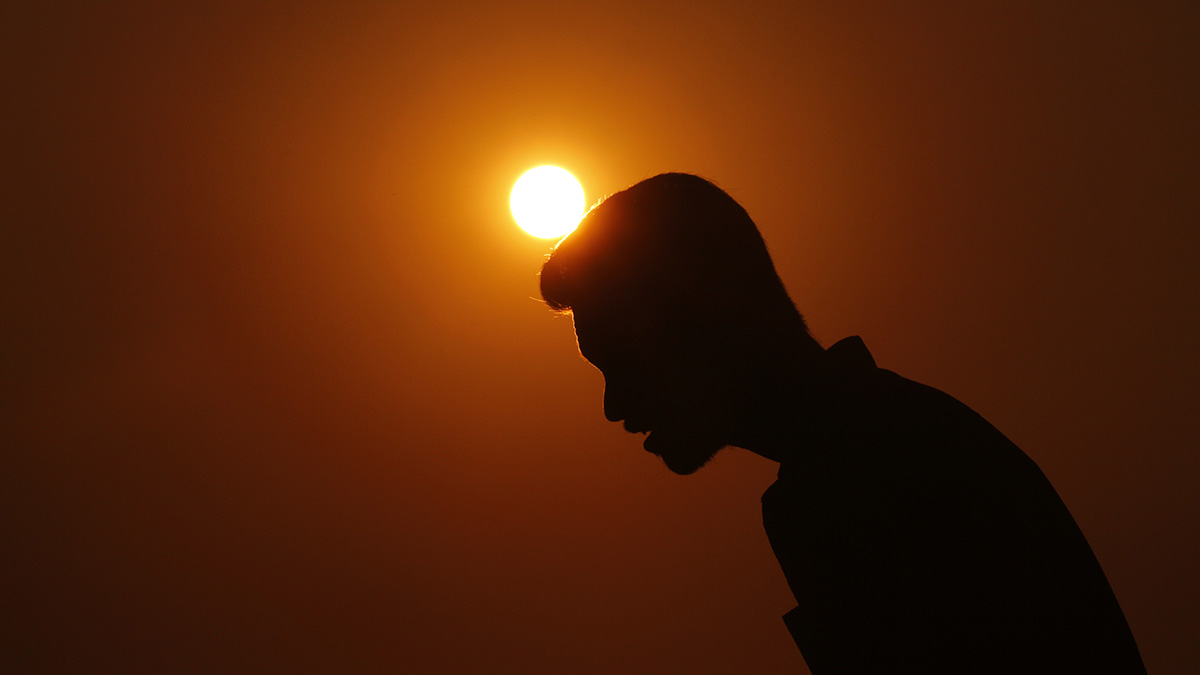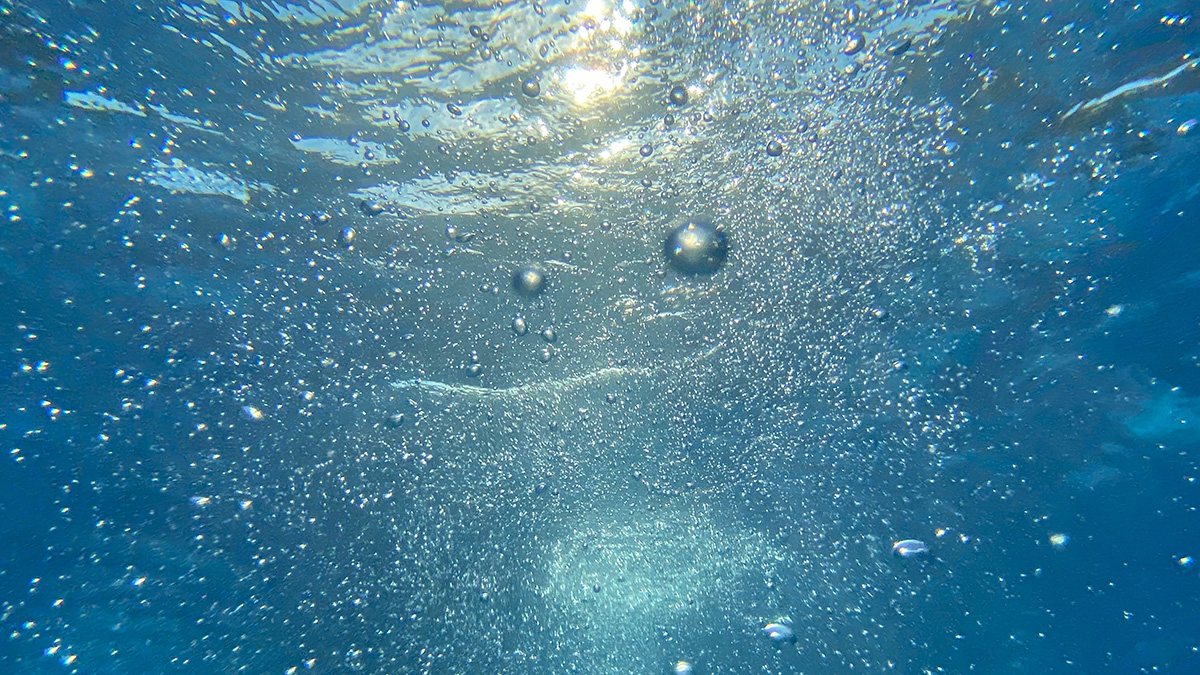当气温超过36℃、相对湿度超过58%时,中国居民可能会出现中暑
heat waves
Major Investment in Air-Conditioning Needed to Address Future Heat Waves
More than 80% of urban residents will need AC by the 2050s, but many of the world’s poorer countries may struggle to meet that demand.
Neighborhood Strategies Inform Boston’s First Urban Forest Plan
The city prioritizes equity and inclusion as it incorporates tree coverage into climate resiliency efforts.
Irrigation in Indo-Gangetic Plain Has Little Impact on Heat Stress
Irrigation-related cooling during summer months is overestimated by roughly 5 times, highlighting the need for climate models to accurately reflect local agricultural practices.
Los efectos del cambio climático en las tasas de suicidio en los EE.UU.
La incidencia del suicidio podría incrementarse hasta a 1660 casos anuales, dependiendo de qué tanto cambie el clima.
Factors in the Severity of Heat Stroke in China
When temperatures exceed 36°C and relative humidity passes 58%, citizens in China may experience heat stroke.
The Effects of Climate Change on U.S. Suicide Rates
Suicide incidence could increase by up to 1,660 cases annually, depending on how much the climate changes.
Loss of Ocean Memory Has Implications from Forecasting to Conservation
New research indicates climate change may thin the mixed layer and contribute to a reduction of sea surface temperature anomalies.
Estimando la frecuencia e intensidad las olas de calor: Un caso de estudio en Chicago
Modelado numérico mostró los impactos extendidos de la ola de calor del 2012 en Chicago, clarificando los impactos de la ola de calor y la isla de calor urbana en la temperatura de la ciudad.
Once Extreme Ocean Temperatures Are the New Normal
A new analysis finds extreme warming events in the ocean have increased relative to the very far past, with nearly 60% of the ocean experiencing extreme heat in 2019.










